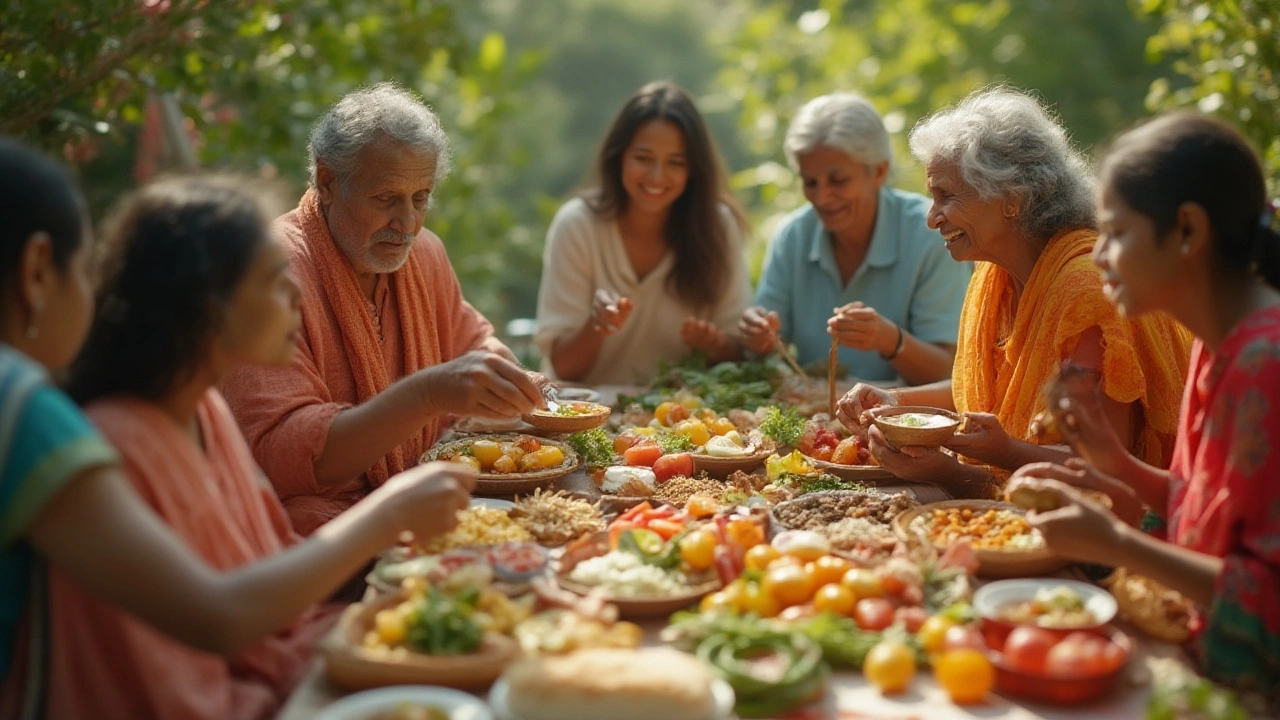Ethnicity and Health: Why Your Background Matters for Wellness
Ever wonder why some health problems hit certain groups harder than others? It’s not luck – culture, diet, genetics, and even access to care play a big part. In India, the mix of languages, foods, and traditions creates a health picture that’s as diverse as the country itself. Understanding those links helps you pick the right habits, medicines, and doctors for your own body.
Impact of Ethnicity on Common Health Issues
Different regions have distinct patterns. For example, people from South India often eat more rice and coconut, which can raise triglyceride levels if portions aren’t balanced. In contrast, many North Indian diets lean heavy on wheat and dairy, putting some at risk for lactose intolerance or higher calcium intake. These dietary quirks show up in blood sugar spikes, cholesterol changes, and even bone health.
Genetics also matters. Certain blood‑type distributions and gene variants are more common in specific communities, influencing how the body processes drugs. That’s why a medication that works well for one group might need a different dose for another. It’s not just about medicine; it’s about the whole lifestyle – from the spices you love to the way you celebrate festivals.
Access to care varies, too. Rural families often travel far for a specialist, while city dwellers might have several clinics within a block. This gap can mean later diagnoses for heart disease, diabetes, or even cancers that are more prevalent in some ethnic groups. Knowing where the gaps are lets you take action early, like getting routine screenings or joining community health programs.
Practical Steps to Manage Health Across Cultures
First, tune into your own family history. Ask grandparents about common ailments and keep a simple chart. When you see a pattern – say, higher blood pressure in your lineage – talk to a doctor about early screening.
Second, balance tradition with science. Love your beloved biryani? Swap a teaspoon of ghee for a dab of olive oil, add more veggies, or serve smaller portions. Small tweaks keep the flavor while cutting hidden fats.
Third, watch for hidden sugar. Many sweets and even savory snacks hide sweeteners that spike glucose. If you have a sweet tooth, try fresh fruit or roasted nuts instead of store‑bought sugary treats.
Fourth, stay active in ways that fit your culture. Dancing to bhangra, walking to the temple, or doing a daily yoga routine all count. The goal is consistency, not intensity.
Finally, be proactive with healthcare. Use tele‑medicine if travel is tough, join local health camps, and keep a list of multilingual resources. Our site, Medical Resource Center India, offers plain‑language guides on knee replacements, herbal supplements, and more – all written with Indian readers in mind.
Remember, ethnicity isn’t a destiny. It’s a clue that can guide smarter choices. By respecting your heritage and adding a few evidence‑based habits, you can stay healthier, no matter where you come from.






